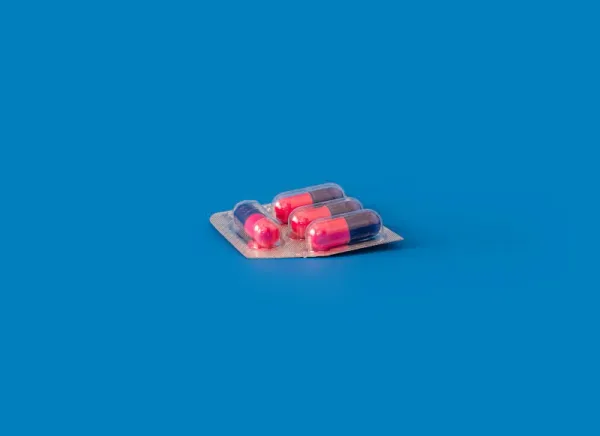A challenge to Eli Lilly's Tirzepatide patent
Empower Pharmacy has challenged the patent on Eli Lilly's Tirzepatide, creating possibly the biggest possible shock to come to compounding GLP1s.

After the fights between GLP1 produces (Eli Lilly, Novo Nordisk) and compounders, the dust is mostly settled. Most compounders have stopped creating compounded GLP1s (a few still persist) and the supply shortages that enabled 503A/503B production of GLP1s has ended.
There's another turn in the story – now a firm out of Houston Texas has filed an appeal challenging Eli Lilly's entire patent on Tirzepatide, the most effective FDA approved GLP1 Receptor Agonist.
Check out our quick explainer
This is massive change for the GLP1 ecosystem, and while it might not be likely to succeed, the idea of instant increased accessibility to Tirzepatide is worth discussing/diving into.
Who is challenging the Patent?
The Tirzepatide patent is being challenged by Empower Clinic Services LLC, a compounding pharmacy based in Houston:

Want to read more about the patent challenge?





